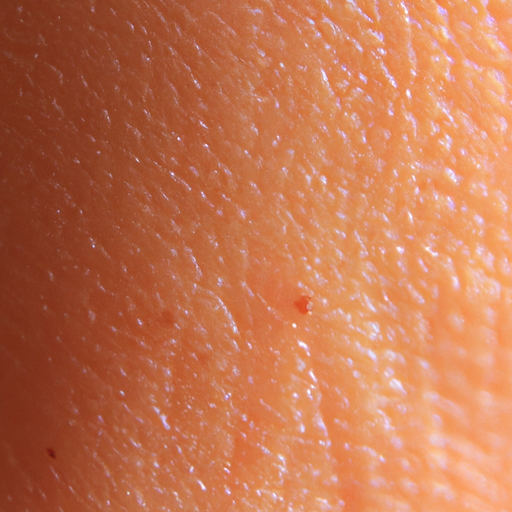Oily skin is a common skin type characterized by an excess production of sebum, the natural oil produced by our skin’s sebaceous glands. While sebum is vital for keeping our skin hydrated and healthy, too much of it can lead to a shiny or greasy appearance, enlarged pores, and an increased risk of acne and blackheads. Understanding the causes and effective treatment strategies for oily skin can help you manage this condition and achieve a healthier, more balanced complexion.
The primary cause of oily skin is genetic. If your parents have oily skin, there’s a good chance you will too. Hormonal changes can also stimulate sebum production, which is why many people experience oilier skin during puberty, menstruation, pregnancy, or when taking hormonal medications. Environmental factors such as humidity and heat can exacerbate oily skin, as can stress and poor diet.
Diagnosing oily skin is typically straightforward. Dermatologists can usually identify it based on its characteristic appearance and symptoms. However, it’s essential to rule out other conditions that might mimic oily skin, such as seborrheic dermatitis, a chronic inflammatory skin disorder that causes red, scaly patches and excessive oiliness.
Once diagnosed, the goal of treating oily skin is to reduce sebum production without overly drying out the skin. This delicate balance can be achieved through a combination of skincare practices and medical treatments.
A good skincare routine is the first line of defense against oily skin. This should include gentle cleansing twice a day with a product designed for oily skin. Over-cleansing can strip the skin of its natural oils, causing it to produce even more sebum in response. Therefore, it’s crucial to avoid harsh soaps or alcohol-based products.
Exfoliation is another important step in managing oily skin. It helps remove dead skin cells that can clog pores and increase oiliness. However, like cleansing, it’s important not to overdo it. Dermatologists generally recommend exfoliating once or twice a week.
Moisturizing is a step that people with oily skin often skip, thinking it will make their skin oilier. However, using the right moisturizer can actually help regulate sebum production. Look for oil-free, non-comedogenic products that won’t clog pores.
Beyond skincare, there are several medical treatments available for oily skin. Topical retinoids, derived from vitamin A, can help reduce sebum production and prevent clogged pores. Oral medications such as isotretinoin (Accutane) can be used in severe cases, but they carry a risk of serious side effects and should be used under close medical supervision.
In-office treatments such as chemical peels, laser therapy, and photodynamic therapy can also help manage oily skin by reducing sebum production and improving the skin’s overall appearance.
Diet and lifestyle modifications can also play a role in managing oily skin. Eating a healthy diet rich in fruits, vegetables, lean proteins, and whole grains can help regulate hormone levels and reduce inflammation, both of which can impact sebum production. Regular exercise can help manage stress levels, another factor that can contribute to oily skin.
In conclusion, while oily skin can be challenging to manage, understanding its causes and implementing effective treatment strategies can significantly improve your skin’s health and appearance. Remember, everyone’s skin is unique, and what works for one person may not work for another. It’s always best to consult with a dermatologist or skincare professional to develop a personalized treatment plan for your oily skin.



